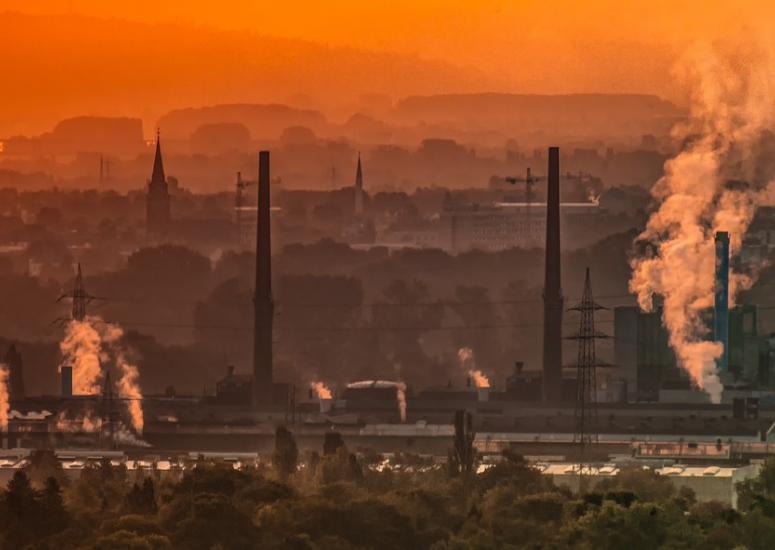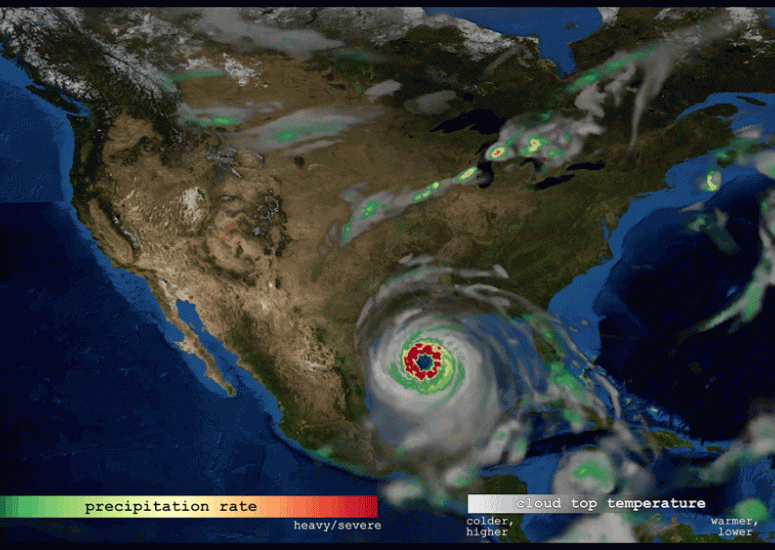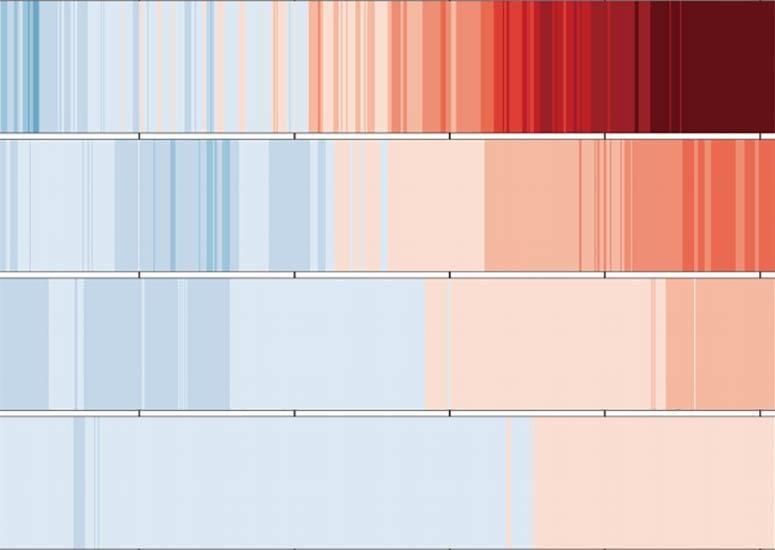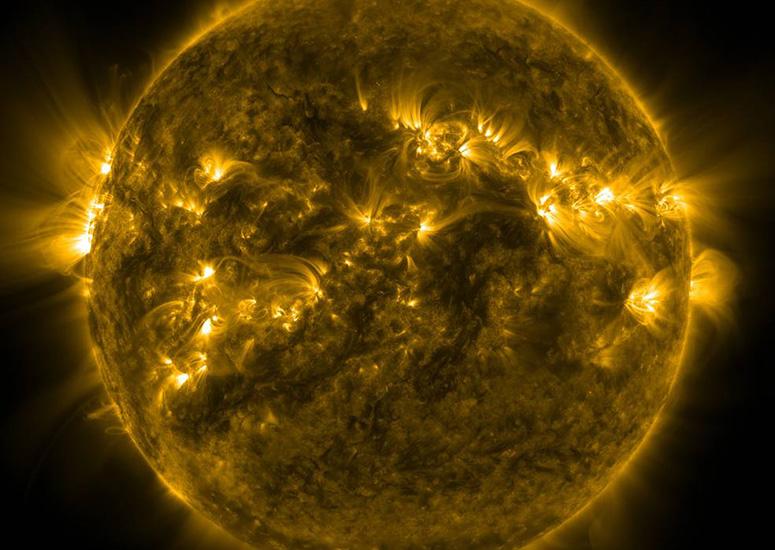-

COVID-19 lockdowns temporarily raised global temperatures
The lockdowns and reduced societal activity related to the COVID-19 pandemic affected emissions of pollutants in ways that slightly warmed the planet for several months last year, according to new research led by NCAR.
- Climate
-

New NCAR-Wyoming supercomputer to accelerate scientific discovery
NCAR's next supercomputer will advance Earth system science and help researchers better understand a range of phenomena that affect society.
- Supercomputing
-

2020 was a record-breaking year for ocean heat
The temperatures in the upper 2,000 meters of the ocean hit a record high in 2020, according to a new analysis by a research team that included scientists from the National Center for Atmospheric Research (NCAR). The five hottest years for the upper ocean on record have all occurred since 2015.
- Climate
-

Scientists use advanced computer modeling to project future urban heat
An advanced new computer modeling technique has enabled scientists to project the potential extent of climate change in the world’s cities.
- Climate
-

New Sunspot Cycle could be one of the strongest on record
In direct contradiction to the official forecast, a team of scientists led by NCAR predicts that the Sunspot Cycle that started this fall could be one of the strongest since record-keeping began.
- Sun + Space Weather

